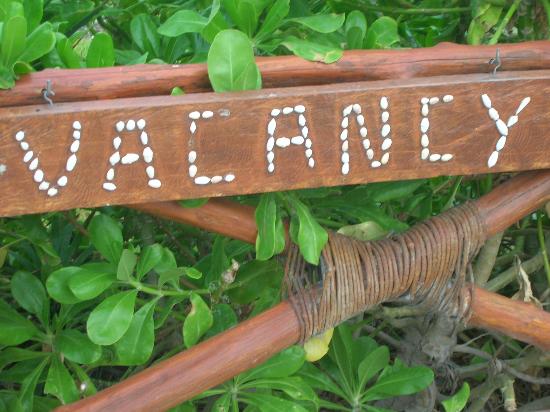
. . . is not necessarily something I do well. Oh, I'm fairly good at calculating the right number of socks, shirts and shoes. I can get pretty much everything I need into one small suitcase. On the other hand, there are the ancillary things: cell phone & computer (and their requisite power cords), books, writing/journaling stuff, etc. So now it's TWO bags, and maybe that's still not so bad. (Traveling as part of a family -- with kids -- changes the equation substantially, but I'm focusing on MY travel!)
But my nature is to plan, plan, plan. I don't want to arrive in some town, after a long day's drive/flight, and find a "No Vacancy" sign. I want things well-arranged. I want to know that I have a comfortable bed. And, with kids, I want to know that there's a pool (preferably indoor), where cooped-up energy can be expended before bed. So I spend a lot of time on-line, researching hotels and their amenities. How FRUSTRATING to get to the arranged hotel and find the pool down for maintenance!
This is, of course, a metaphor for life. Tightly planned arrangements are subject to unexpected modifications. For some of us this is not a problem: unexpected modifications are opportunities! For others of us (um . . . me), these modifications are irksome. And, of course, lugging all of my baggage up and down stairs (when there's no elevator) simply reminds me of how much stuff complicates my travels.
I've been on vacation the last week. We've driven from Denver, CO to Davis, CA (hotels well-planned in advance!). Along the way we've been reminded of the Conestoga wagons and those early cross-country pioneers. Families of four or more, with ALL of their belongings, and hopes, in a conveyance not much larger than the back of my Subaru wagon. The unexpected was the norm for them. And most of them made it to a land of new possibilities. The world they'd left was only accessible by memory and very slow (if it worked at all) postal service.
I carry a lot of baggage, literal and metaphorical, when I travel--even on vacation. It's very hard for me to let it go; somehow my identity is bound up in what I have and what I do. What might happen if I let it go? What might I experience? Would I lose myself? Or might I gain something more significant? I'm reminded of Jesus' words: "For what will it profit them to gain the whole world and forfeit their life?" (Mark 8.36).
I look at the rugged landscape of Dinosaur National Monument, the vast expanse of the Bonneville Salt Flats, or the deserted countryside of central Nevada -- empty, but not empty. Vacant, but not. Beautiful, absent my baggage.
I should travel less encumbered more often.
Blessings,
Gary


